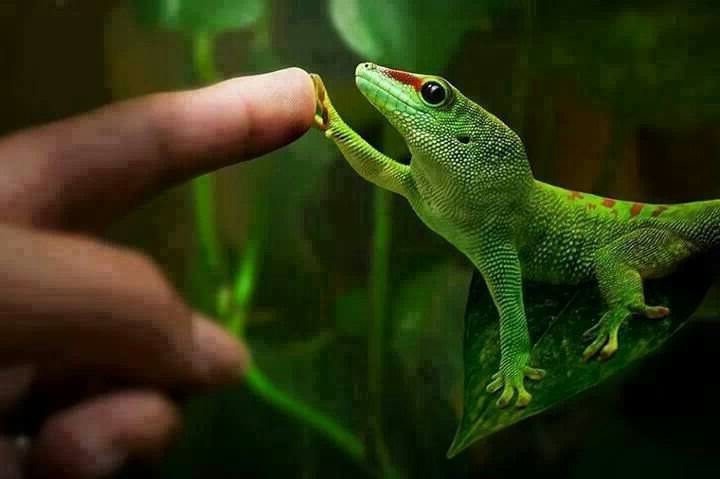The Many Real Benefits Of Reconnecting With Nature
There is something incredibly therapeutic about a walk on the beach, a stroll through the woods or a climb to the top of a mountain. With all senses engaging the fresh air, sunshine and natural beauty of nature, both the mind and body become refreshed. These “good feelings” that come with being outside in nature have been the subject of many a study over the years. Research acknowledges these “good feelings” and has found that time spent in nature does have a variety of positive impacts including a reduction in depression and aggressiveness.In addition, scientific evidence agrees that tense feelings decrease, and we are better able to handle stress and frustration in life when it comes our way if we are connected to nature. Professionals now refer to time spent outdoors as eco-therapy simply because it is so beneficial.
Donate to In5D
With over 6,000+ free articles and 1,200+ free videos, any donation would be greatly appreciated!
Much love for your kind donation,
Gregg
Walking Outdoors
According to one 2007 study done in the Untied Kingdom, something as simple as walking in the park can reduce depression. The study had one group walk in a mall and another group walk outside. Of the group that walked outside, 71% indicated that they had a reduction in depression while 22% of those who walked inside felt as if their depression had increased. Feelings of self-esteem were increased in 90 percent of those who walked in the park, and tension was reduced by 71 percent in this group, as well. The mall walking group reported only a 50 percent decline in tension and a 44 percent increase in self esteem. While walking anytime is a good habit, it appears, from this study, that walking outdoors, also known as forest bathing, has enhanced benefits.
Viewing Nature
Even just viewing nature has been found to have a positive impact. A 2009 study from the University of Rochester found that when study groups were exposed to nature pictures they chose to be connected to their community over gaining wealth and fame as a life aspiration. Participants who viewed urban photos chose wealth and fame first. In the same study, researchers found that people who were exposed to nature pictures were more likely, than those exposed to city scenes, to share money with others.
Conservation is Healthy
Science Daily reported on a study done in 2005 that found people who were actively involved in conservation projects reaped substantial health benefits from their participation. These benefits included a greater sense of connectedness, feelings of wellbeing and reduction of social isolation. Time spent outdoors doing good appears to be a win-win situation.
‘Nature Deficit Disorder’
Richard Louv created the term “Nature Deficit Disorder” in his book Last Child in the Woods. Louv argues that kids are not spending nearly enough time outdoors today, and in turn are suffering from a number of negative effects from lack of time in nature. Amongst these negative effects are attention difficulties, obesity, depression, and diminished use of senses. Louv’s claims support research finding that detachment from nature has far reaching negative physiological effects. Parents are encouraged to spend time with their children in nature and to take part in outdoor recreational activities as often as possible. Building healthy habits young appears to be a pursuit well worth undertaking.
In5D PATREON: https://www.patreon.com/in5d See our In5D articles the day before they’re released, AD FREE, on Patreon for a minimal donation!
Follow In5D on Patreon, Telegram, Twitter, Bitchute, TikTok, Instagram, Facebook, YouTube, Gab, and Truth Social @greggprescott
















